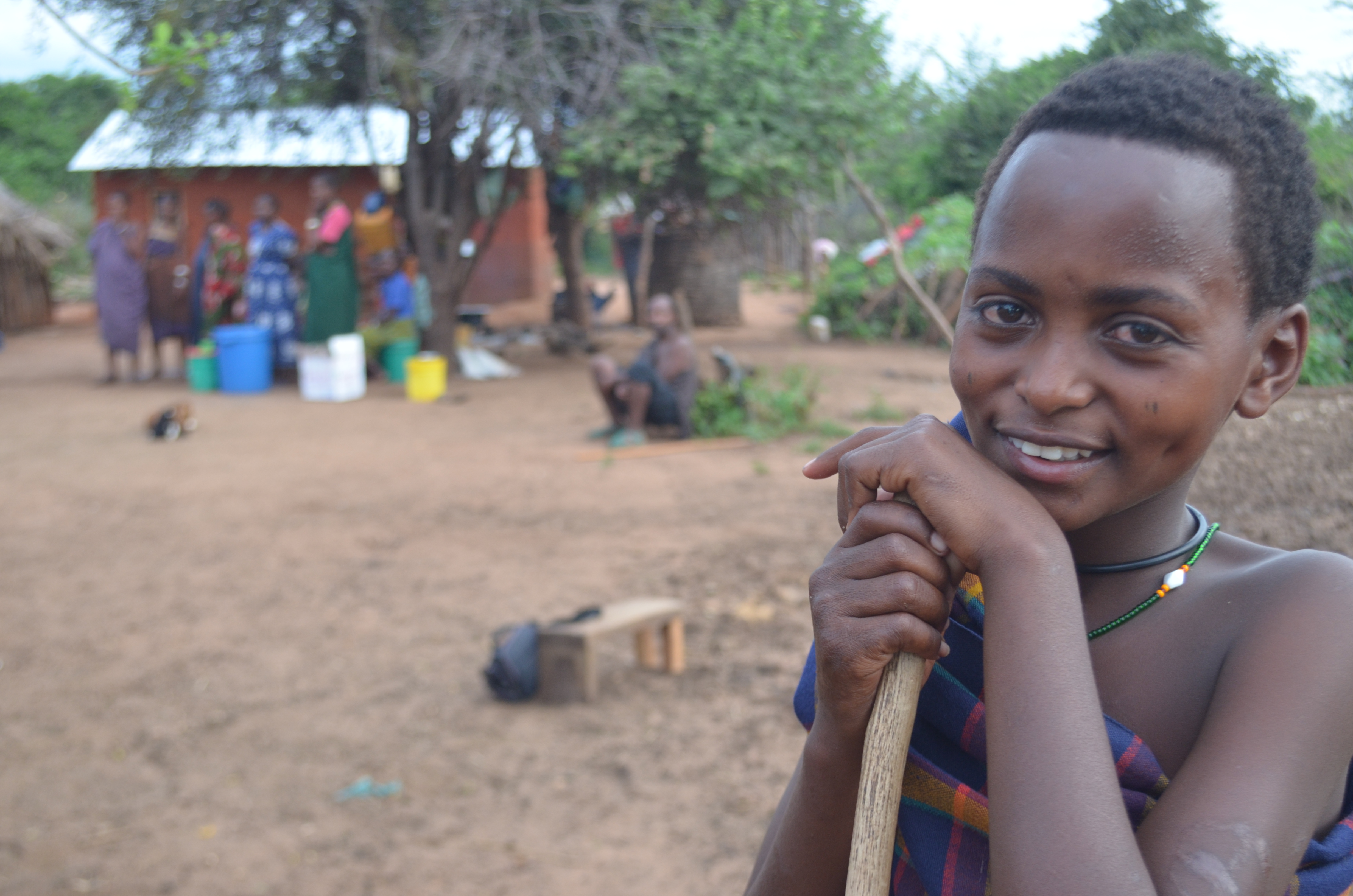News
New paper highlights the need for a nuanced approach to wildlife trade
Calls to ban wildlife trade have gained momentum recently, as the coronavirus causing COVID-19 is commonly thought to have emerged in a wildlife market in China. However, a recent paper out in World Development, co-authored by WildCRU’s Amy Dickman, highlights that indiscriminate trade bans could have unintended negative consequences for conservation, human rights and even pandemic risk emergence. While a focus on wildlife trade is important, the paper stresses that any action should be targeted towards areas of trade which are illegal, unsustainable, or which carry major risks for conservation, human health or animal welfare. It also highlights the need to recognize and reduce two key drivers of pandemic disease emergence, namely habitat destruction and industrialised livestock production. More broadly, the current pandemic crisis illuminates the pressing need for a paradigm shift in our relationship with nature, and the paper lays out recommendations for moving towards conservation approaches which are more sustainable, equitable and inclusive.
Roe, D., A. Dickman, R. Kock, E. Milner-Gulland, E. Rihoy and M. ‘t Sas-Rolfes (2020). Beyond banning wildlife trade: COVID-19, Conservation and Development. World Development. In press.






